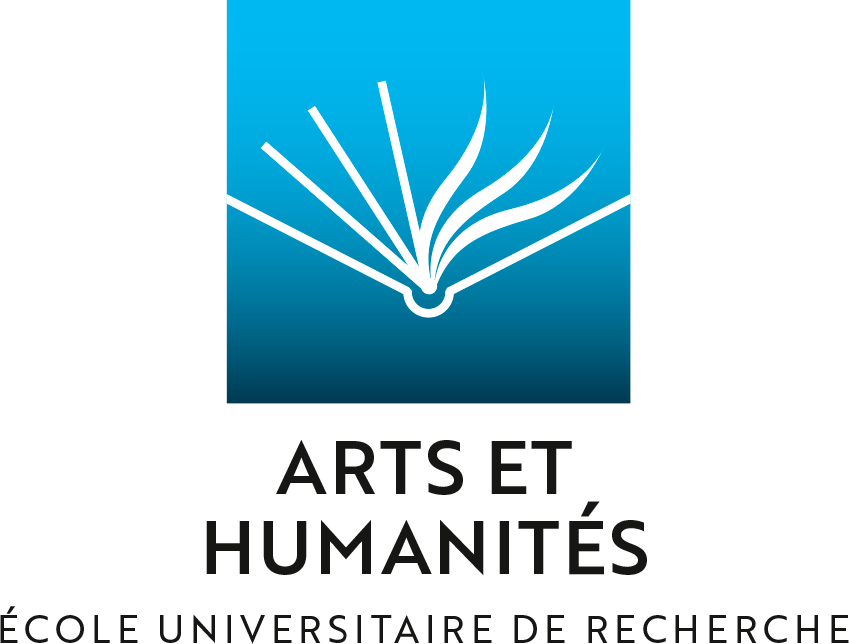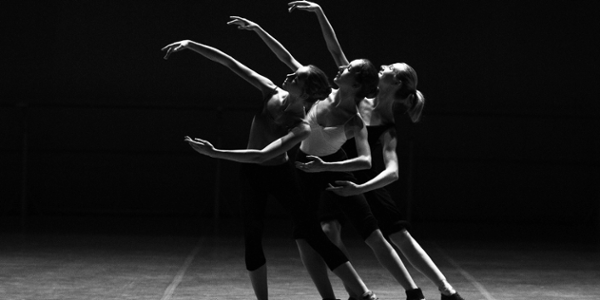le 18 avril 2024
Campus Villa Arson, En ligne
Séminaire "Les Voies des Images" (financé dans le cadre de l’ANR CROBORA au Sic.Lab, EUR Arts et Humanités, Université Côte d’Azur) jeudi 18 avril à 17h30 en amphi 3 à la Villa Arson à Nice.
L'ÉVÉNEMENT
Séminaire "Les Voies des Images" (financé dans le cadre de l’ANR CROBORA au Sic.Lab, EUR Arts et Humanités, Université Côte d’Azur) jeudi 18 avril à 17h30 en amphi 3 à la Villa Arson à Nice. Interviendra Andrew Hoskins (University of Glasgow) avec une conférence intitulée The Fallen Image of Ukraine. Cette séance du séminaire sera retransmis via le lien
PRÉSENTATION
The battle over representations and perceptions of war is transformed in an era of billions of images, videos and other digital content of war being produced, shared, edited, liked, linked, fabricated and deleted on social media platforms and messaging apps. And these messages, images and video, pouring out of smartphones, surely makes the 2022- Russian war against Ukraine, the most documented and the most personalised war in history. Soldiers, civilians, journalists, victims, aid workers, presidents, journalists, are recording and uploading their experience and vision of events second by second, to platforms such as Telegram, tracking every twist and turn. The battlefield seems open to all in this emergent form of ‘participative war’. But this is no panacea for either understanding or remembrance. Instead, social media make war and memory in their own image, through the siege for attention, disinformation and splintered realities; choose your own feed, select your own memory. I ask what kind of memory might – or might not – emerge from the astonishing abundance of digital visual content of the Russian-Ukrainian war. Who will secure its past and how?
Professor Andrew Hoskins is Professor of Global Security at the University of Glasgow, UK. He has been researching the relationship between media, war, and memory, for almost 30 years. He is founding Co Editor-in-Chief of the Cambridge Journal of Memory, Mind & Media, founding Editor-in-Chief of the Journal of Digital War, founding Editor-in-Chief of the Journal of Memory Studies, and founding Co-Editor of the Palgrave Memory Studies Book Series. His books include:
- Wang, Q. and Hoskins, A. (Eds.) (forthcoming, Oct. 2024) The Remaking of Memory in the Age of the Internet and Social Media. Oxford: Oxford University Press.
- Ford, M. and Hoskins, A. (2022) Radical War: Data, Attention & Control in the Twenty-First Century. Hurst/Oxford University Press.
- Hoskins, A. (Ed.) (2018) Digital Memory Studies: Media Pasts in Transition. New York: Routledge.
- Hoskins, A. and Tulloch, J. (2016) Risk and Hyperconnectivity: Media and Memories of Neoliberalism. Oxford: Oxford University Press.


